Computing
At Eastbrook Primary School we appreciate that the society and community around us is becoming increasingly embedded with computing technology. This is why we advocate an approach towards computing that not only delivers in terms of the required curriculum but goes beyond this to incorporate elements of the children’s probable day-to-day use some form of computing technology. We believe that this is best achieved through collaborative learning approaches, engaging the children in rich and varied content which can be applied to a range of curriculum areas and ensuring that the children have a sound technical and conceptual understanding of each area of the computing curriculum we deliver.
“A high-quality computing education equips pupils to use computational thinking and creativity to understand and change the world…core of computing is computer science, in which pupils are taught the principles of information and computation, how digital systems work, and how to put this knowledge to use through programming. Building on this knowledge and understanding, pupils are equipped to use information technology to create programs, systems and a range of content.” National Curriculum
Endpoint
The Computing department at Eastbrook School aim to equip learners with the skills to participate in a rapidly-changing world through challenging and engaging topics. Learners will develop an understanding and application in the fundamental principles of ICT and computer science by having the opportunity to write programs, design webpages and produce professional digital products.
Computing skills are a major factor in enabling children to be confident, creative and independent learners and it is our intention that children have every opportunity available to allow them to achieve this.
Computing is a subject that directly impacts the individual lives of the students and that of the community around them. It is inevitable that our children, as they grow into the wider world, will be confronted with an increasing amount of technology in their daily lives. It is, therefore, vitally important that they possess the required knowledge, skill and understanding in order to use the technology at their fingertips to its greatest potential, all the while maintaining the highest regard for theirs and others safety whilst doing so.
Waypoints
By the end of Early Years Foundation Stage
Our children in Early Years provision will be exposed to the understanding of internet safety as they explore the world around them and how technology is an everyday part of their learning and understanding of the world. Through play, children will be encouraged to show interest in technological toys or real-life objects such as cameras and mobile phones. Children will use age appropriate software and complete simple programs on a computer.
By the end of Key Stage One
Pupils should be able to:
- understand what algorithms are, how they are implemented as programs on digital devices, and that programs execute by following precise and unambiguous instructions.
- create and debug simple programs.
- use logical reasoning to predict the behaviour of simple programs.
- use technology purposefully to create, organise, store, manipulate and retrieve digital content.
- recognise common uses of information technology beyond school.
- use technology safely and respectfully, keeping personal information private; identify where to go for help and support when they have concerns about content or contact on the internet or other online technologies.
By the end of Key Stage Two
Pupils should be able to:
- design, write and debug programs that accomplish specific goals, including controlling or simulating physical systems; solve problems by decomposing them into smaller parts.
- use sequence, selection, and repetition in programs; work with variables and various forms of input and output.
- use logical reasoning to explain how some simple algorithms work and to detect and correct errors in algorithms and programs.
- understand computer networks, including the internet; how they can provide multiple services, such as the World Wide Web, and the opportunities they offer for communication and collaboration.
- use search technologies effectively, appreciate how results are selected and ranked, and be discerning in evaluating digital content.
- select, use and combine a variety of software (including internet services) on a range of digital devices to design and create a range of programs, systems and content that accomplish given goals, including collecting, analysing, evaluating and presenting data and information.
- use technology safely, respectfully and responsibly; recognise acceptable/unacceptable behaviour; identify a range of ways to report concerns about content and contact.

